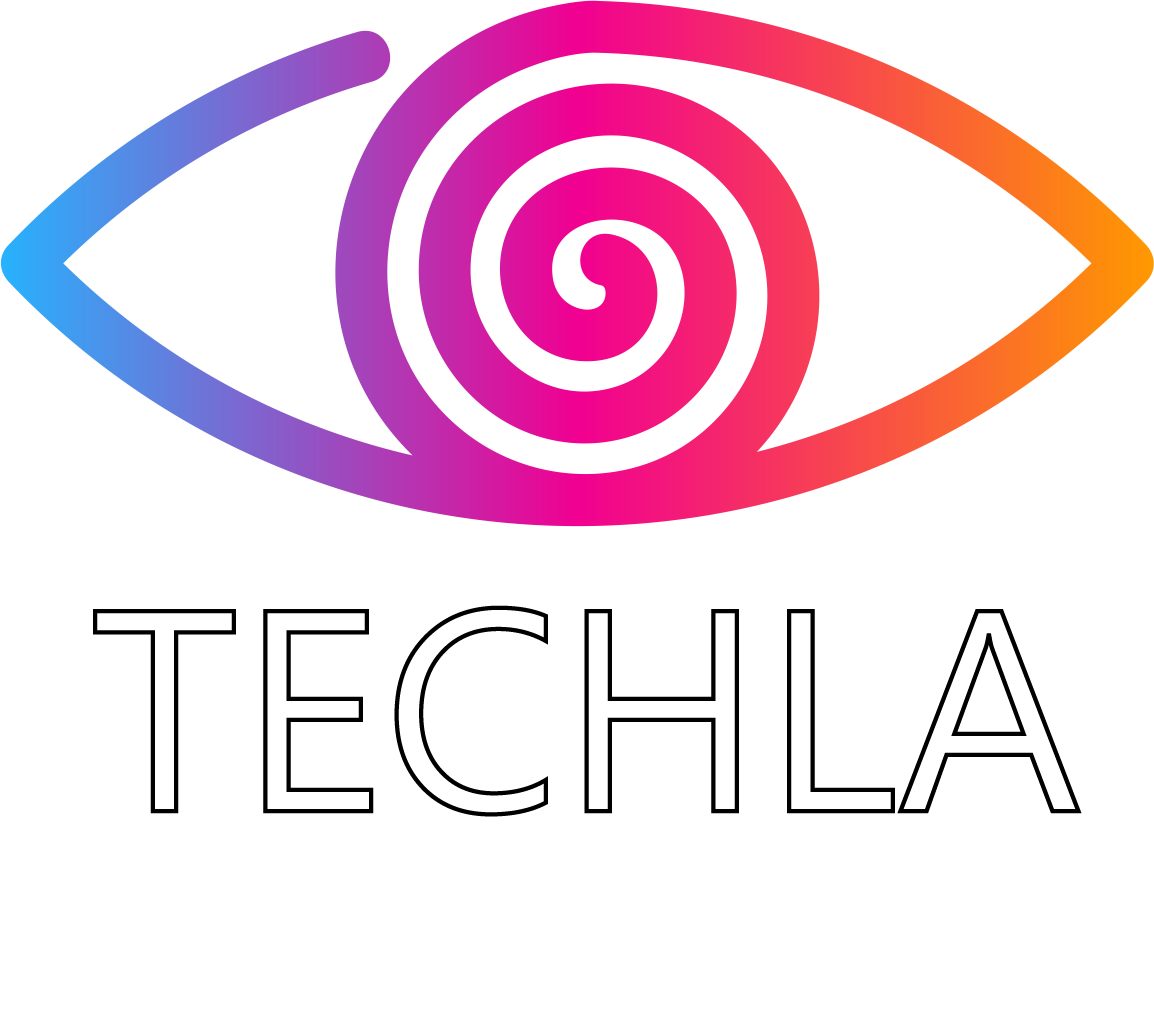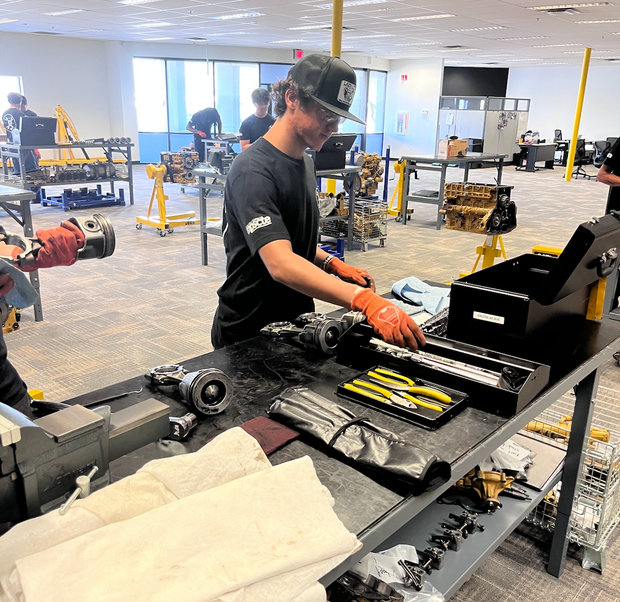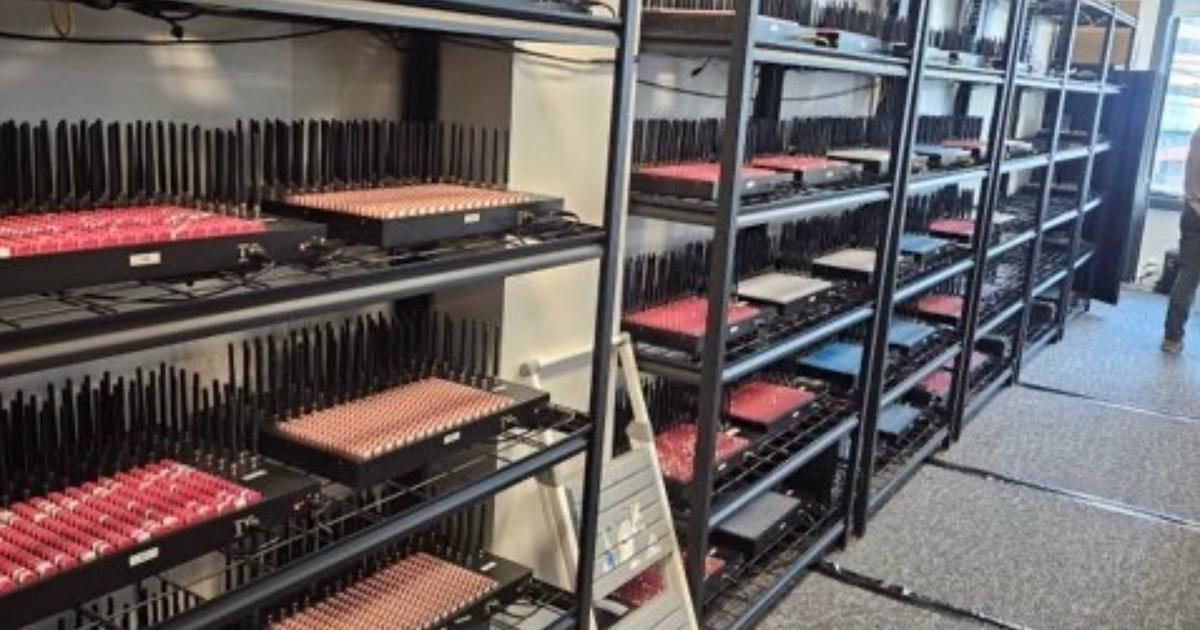Like thousands of actors, Tilly Norwood is looking for a Hollywood agent. Her greatest role? Pretending to be human.
That’s because Tilly Norwood is a 100% AI-generated product, created by Dutch producer and comedian Eline Van der Velden, founder of a company named Xicoia, which bills itself as the world’s first artificial intelligence talent studio. Velden pitches her AI creation as the next Scarlet Johansen, and says there are several agents vying to represent it, CBS News’ Jo Ling Kent reported recently.
Since Velden launched the digital character’s prospective career, Tilly Norwood has been all the talk in Hollywood.
But not in a good way. Guilds, actors and filmmakers have met the Xicoia product with an immediate wave of backlash, protesting that artificial intelligence should not have a starring role in the acting profession. In a statement Tuesday, the Screen Actors Guild said that “creativity is, and should remain, human-centered.”
“To be clear, ‘Tilly Norwood’ is not an actor, it’s a character generated by a computer program that was trained on the work of countless professional performers — without permission or compensation,” the guild said. “It has no life experience to draw from, no emotion and, from what we’ve seen, audiences aren’t interested in watching computer-generated content untethered from the human experience.”
Actor Sean Aston, who starred in “Lord of the Rings” and “The Goonies,” and was recently elected president of sag AFTRA, emphasized how AI Tilly Norwood is an artificial construct.
“You’re made up of stuff that doesn’t belong to you,” he told CBS News. “Let’s just make sure that credit is given where credit is due.”
Van der Velden, who is also the founder of the AI production studio Particle6, promoted Tilly Norwood last month at the Zurich Summit, the industry sidebar of the Zurich Film Festival. It was there that she said talent agencies were circling Norwood and that she expected to soon announce a signing.
Many in Hollywood hope that never happens.
“Any talent agency that engages in this should be boycotted by all guilds,” wrote Natasha Lyonne on Instagram. The “Russian Doll” star is directing a feature titled “Uncanny Valley” that pledges to use “ethical” artificial intelligence in combination with traditional filmmaking techniques. “Deeply misguided & totally disturbed,” she added. “Not the way. Not the vibe. Not the use.”
Artificial intelligence is often used as a tool in film production, though its implementation is hotly debated. It was a major bargaining point in the lengthy strike by SAG-AFTRA that concluded in late 2023 with some safeguards put in place to protect the use of actors’ likenesses and performances by AI. A yearlong strike by video game actors hinged on AI protections. In July, video game actors approved a new contract that mandates employers obtain written permission to create a digital replica.
But there have been numerous controversies over the use of AI in acting. The Oscar-winning 2024 film “The Brutalist” used artificial intelligence for Hungarian dialogue spoken by Adrien Brody and Felicity Jones’ characters, the revelation of which prompted debate in the industry.
Van der Velden responded to the stir around Tilly Norwood on Instagram.
“To those who have expressed anger over the creation of my AI character, Tilly Norwood, she is not a replacement for a human being, but a creative work — a piece of art,” Van der Velden said on Sunday. “Like many forms of art before her, she sparks conversation, and that in itself shows the power of creativity.”
Van der Velden didn’t respond to interview requests Tuesday. In her post, she argued that AI characters should be judged as their own genre.
“Creating Tilly has been, for me, an act of imagination and craftsmanship, not unlike drawing a character, writing a role or shaping a performance,” she added. “It takes time, skill and iteration to bring such a character to life.”
That statement was also shared on Tilly Norwood’s own Instagram account. Posts include photos of the creation drinking coffee, shopping for clothes and preparing for various projects. As of Tuesday, the account had more than 33,000 followers.
“Had such a blast filming some screen tests recently,” one post reads. “Every day feels like a step closer to the big screen.”
Asked what human actors bring to a performance that AI can’t, Aston, SAG-AFTRA’s Aston said “authenticity,” adding, “You can fall in love. Your parents can die. You can you can be in some terrifying situation. The sum of all of our emotional experiences in our life, artificial intelligence can approximate it — it is not real.”
#AIgenerated #actor #sparks #outrage #Hollywood #creator #seeks #representation














































































